Ernest Corvese
Naval Combat Demolition Unit
D-Day
“I figured we were the first Navy people to land on Omaha Beach, there was no one in front of us.”
Ernest Corvese was in Scotland as a Navy volunteer when he volunteered once again to get into the department’s newly created Demolition Unit. From Scotland, he went down to Devon, England and began training at Lands End. The beach there was almost similar to Omaha, so they got familiar with it for many weeks before going to Plymouth.
He knew the invasion was on as their superiors told them. Sailing from Plymouth over to Normandy, “Ernie” was one of the first Allied soldiers to set foot on Omaha Beach in Normandy on June 6, 1944, D-Day of World War II. Their unit’s job was to detonate mines and clear obstacles at the waterline and on the landing beaches, which were called hedgehogs, to prevent enemies from landing. They had these telephone poles with a ramp and on top of the telephone pole was a mine. When their tide comes in, the boats would just slide up there and the mine would explode. Their job was to blow up 50-odd gaps so the infantry could land.
He was 18 years old.
Recalling what he remembered on that day during the interview, his lips trembled and could barely muster a word to continue. As they crossed the channel, a heavy German artillery fire greeted them and made worse with lots of crappy seas, he continued. Ernie was carrying a lot with him; 70 lbs. of explosives, a rifle, a belt of ammunition, a canteen, and his helmet. They called it, “Touch it all.”
Along with 7 other soldiers on a small boat, he got to the ramp and as he jumped into the water, he heard a hell of an explosion. He fell head first, forgetting to unbuckle his helmet strap, sank down to the bottom as his headgear was filled up with water. A couple of seconds and a strong hand pulled him out of the sea. But as he surfaced, he couldn’t find any of the crew that he was with. He later found out - after a good 12 frantic hours navigating the 400-yard beach - that they were all killed.
“I assume I was the only left.” He said in another emotional breath.
Pinned with murderous artillery from the Germans, Ernie laid face-down on the sand trying to be motionless as possible as not to attract a sniper. He managed to crawl up. The tide went up quite fast and left a very small beach and as he looked back, he saw tanks that were supposed to float, sank. One of the tanks made it but got stuck and lost its stride on all the small rocks. He continued laying there while trying to catch a glimpse of the blue-striped helmets of Navy men but found no one. There were no foxholes, the planes did not drop one bomb on the beach. Probably dropping their bombs far beyond their targets with the fear of hitting Allied troops on the beach.
There were some army men, Americans, about 10 to 15 feet from Ernie also laying down there. He could tell every time a shell went over his head because they'd make a swooshing sound. They were called 88s. The shells hit these men and they were gone. There were body parts all over the place.
And then he remembered very well, an officer had shouted, ”There are two kinds of people on this beach, those that are dead and those that are going to be dead.” And they moved on. They stayed there a few days fighting and that was about it. He woke up in a hospital in France and was left with a blank in between.
Quitting during his senior year of high school at his native Providence, Ernie said, “he didn’t know what he was getting into” when he decided to join the Navy. “During that time, that’s what you did,” he said. “Back in those days, everybody was patriotic.”


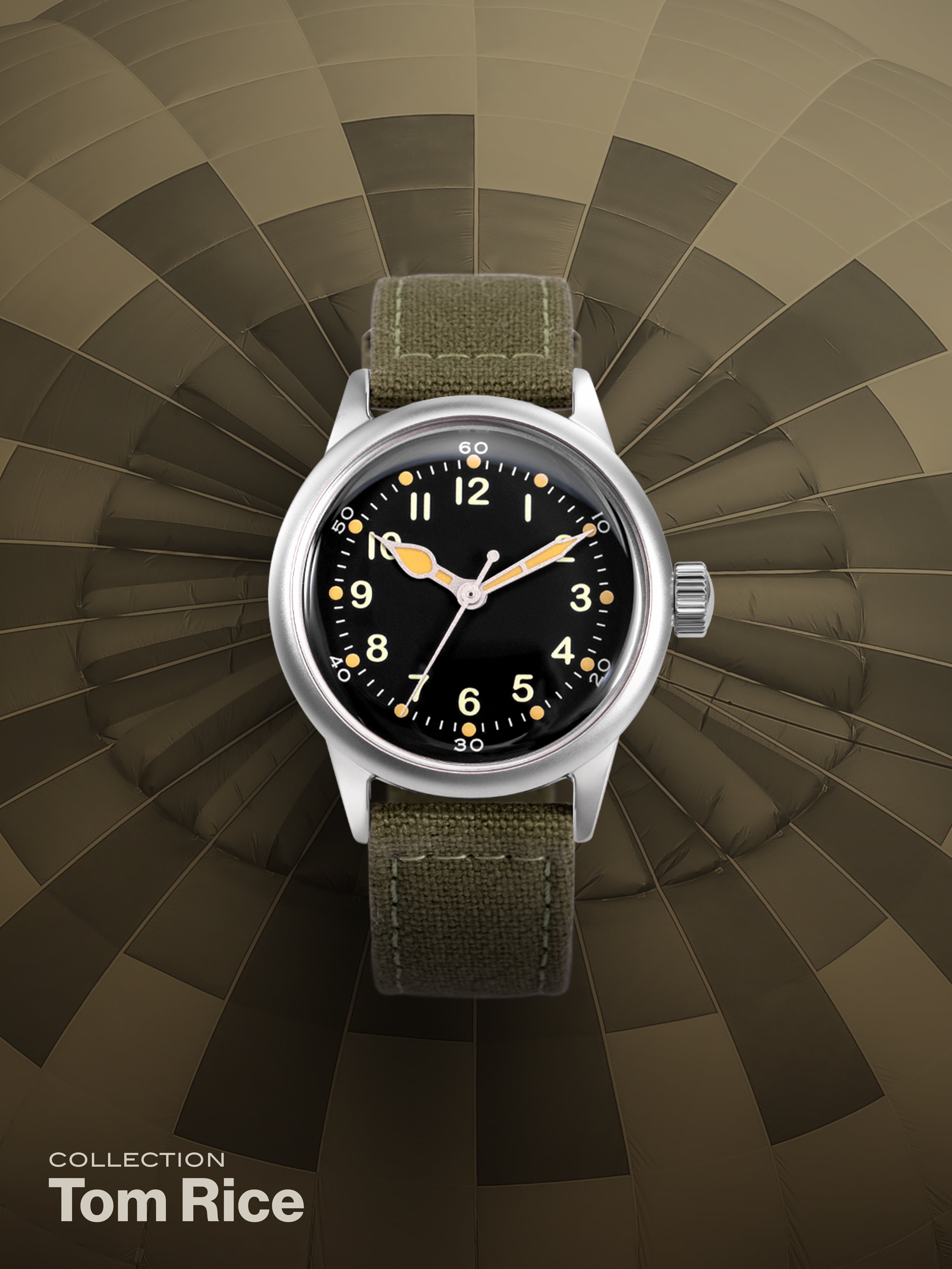
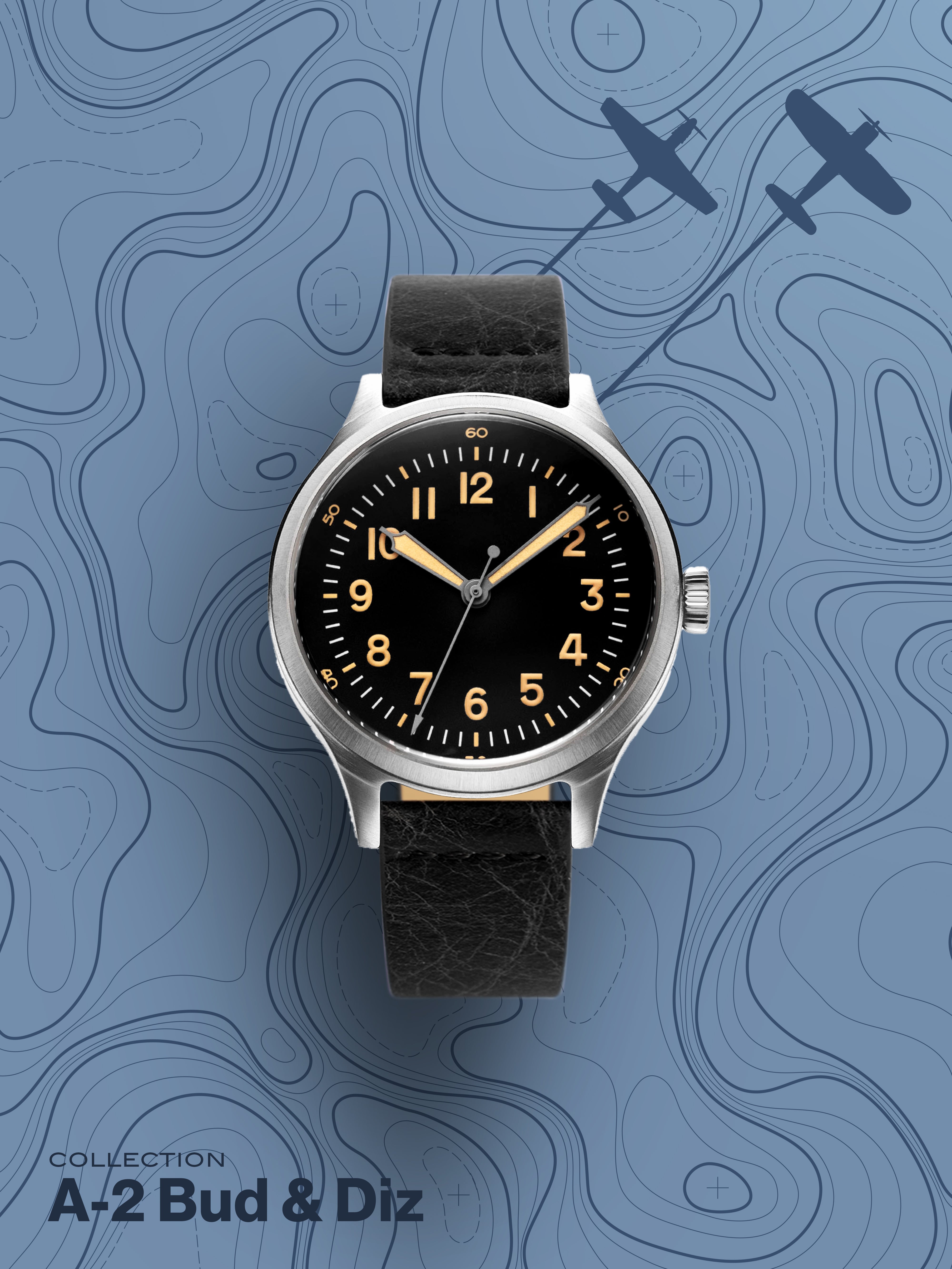
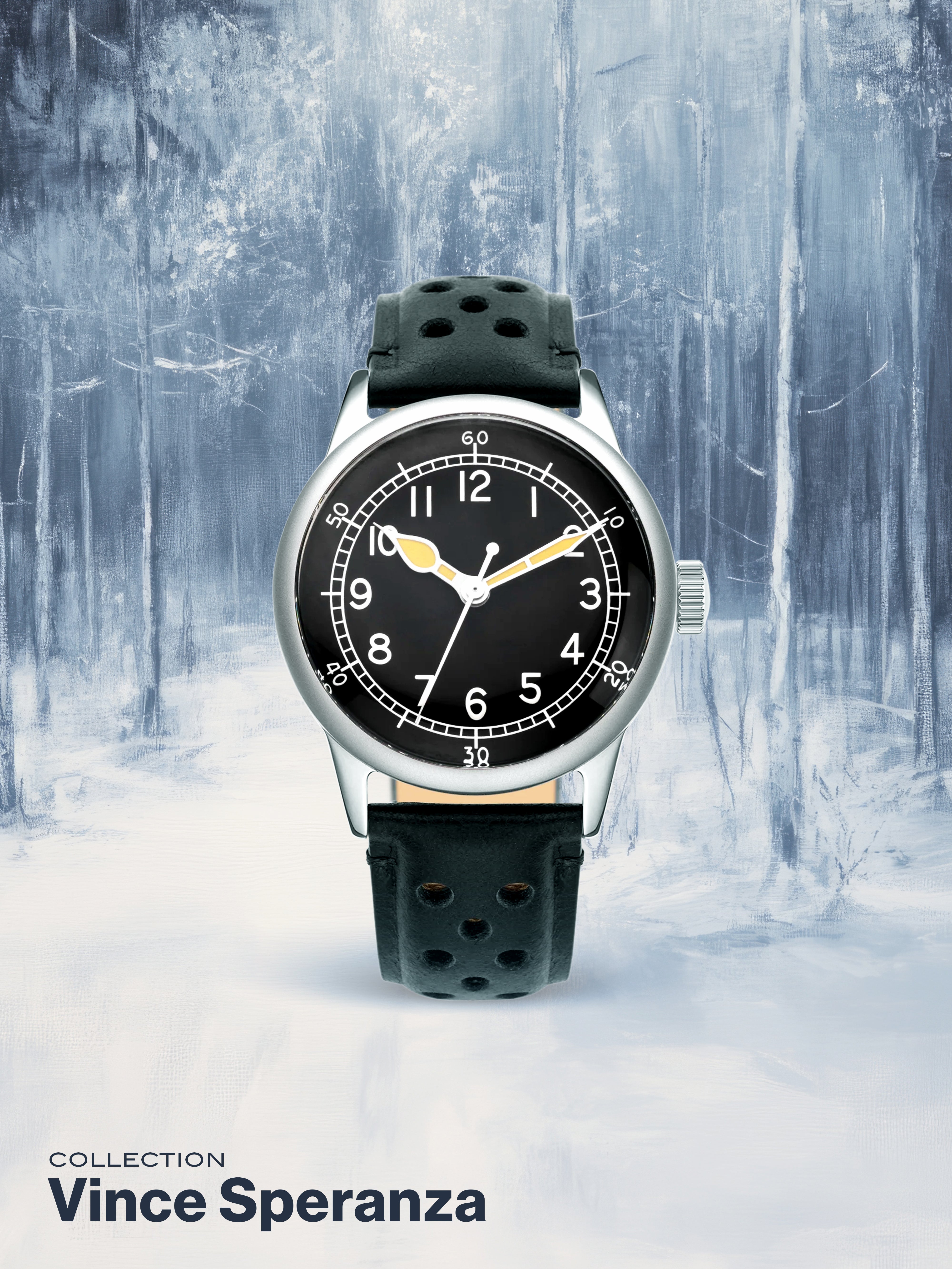
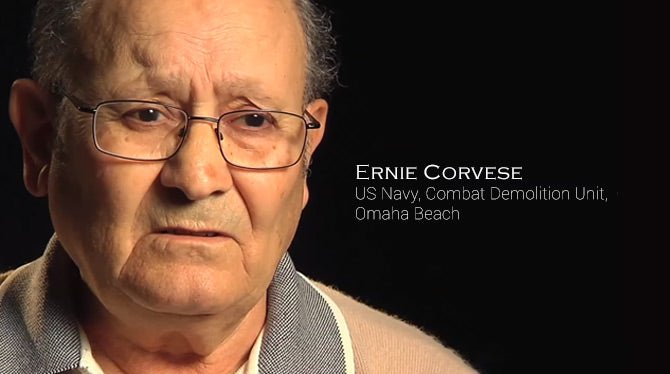
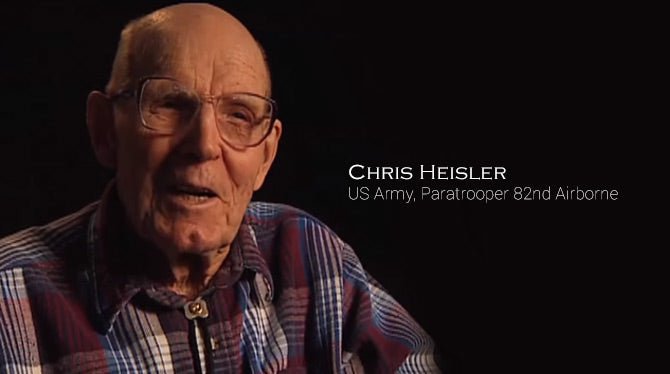
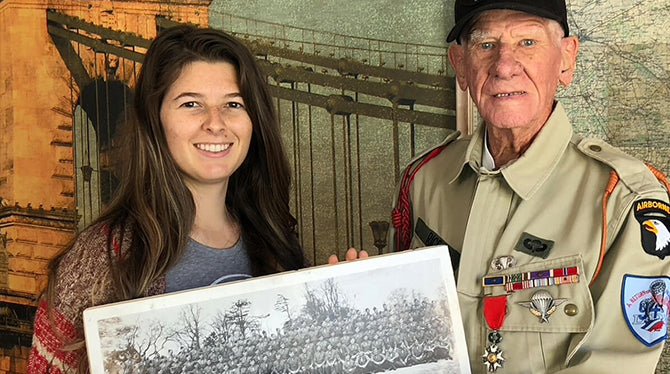
Leave a comment
This site is protected by hCaptcha and the hCaptcha Privacy Policy and Terms of Service apply.